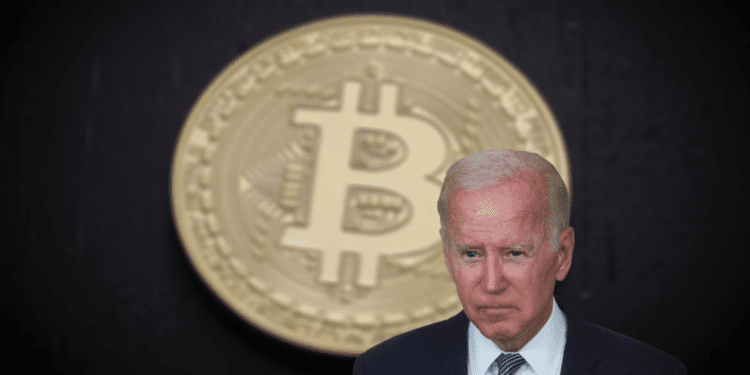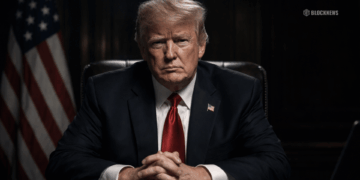President Biden released an Executive Order on March 9, 2022, entitled Ensuring Responsible Development of Digital Assets, which tasked several government agencies to develop frameworks and policy recommendations around six key priority areas. Those six areas are as follows:
- Consumer and investor protection
- Promoting financial stability
- Countering illicit finance
- U.S. leadership in the global financial system and economic competitiveness
- Financial inclusion
- Responsible innovation
On September 17, the White House released a fact sheet highlighting the overarching policy frameworks resulting from the nine reports created due to the original Executive Order.
The resulting Framework
- Protecting Consumers, Investors, and Businesses
The volatility and risks of cryptocurrencies have not been consistently communicated to consumers. The response is to enable agencies to pursue aggressive action against deceptive and unlawful practices. While also working to promote consumer literacy in the digital asset space.
- Promoting Access to Safe, Affordable Financial Services
Millions of Americans don’t have a bank account or rely on expensive nonbank services for their financial needs. Blockchain technology provides a potential solution by supporting instant payment transfer systems, cross-border payment systems, and nonbank payment solutions. Agencies will consider regulations to keep these solutions safe for consumers.
- Fostering Financial Stability
Citing the collapse of TerraUSD, the administration promises to assess and protect from spillover effects of digital assets into the mainstream financial system.
- Advancing Responsible Innovation
To foster responsible innovation, the U.S. will back education research that informs diverse groups of stakeholders, track the environmental impact of digital assets, and establish forums for civil engagement regarding digital assets.
- Reinforcing Our Global Financial Leadership and Competitiveness
The U.S. will take steps to establish itself as the global leader in digital assets. They will provide technical assistance to countries working to develop their digital assets and assume leadership roles in international bodies such as the G7.
- Fighting Illicit Finance
Stopping using crypto to fund terrorist groups and sanctioned countries like North Korea is a top priority. Current anti-money laundering and countering the financing of terrorism frameworks have gaps when it comes to crypto. The Treasury Department assesses the illicit financing risks of DeFi and NFTs in 2023.
- Exploring a U.S. Central Bank Digital Currency (CBDC)
The administration acknowledges the potential a U.S. CBDC could offer as a technological innovation in payment systems and boost economic growth. They will continue to support the Federal Reserve’s CBDC research by creating an interagency working group led by the Treasury Department.
Responses varied from praise to admonishment.
The Blockchain Association called the release “a missed opportunity to cement U.S. crypto leadership.” Their main aggravation with the Framework is the focus on the risk that crypto poses for the U.S. and its consumers while missing out on making recommendations to promote the fast-growing industry. Several pro-crypto policymakers, such as Representative Patrick McHenry, echoed this sentiment.
On the other hand, Binance CEO Changpeng Zhao (C.Z.) released a series of tweets praising the Biden administration’s work to create a policy framework for the crypto industry. In particular, C.Z. notes, “The U.S.’s whole-of-government approach to crypto regulation will bring much-needed consistency and clarity vs. the current patchwork of state laws and regulations that govern this space.” This refers to states like New York, which require their suite of crypto licensing to serve customers residing there.














